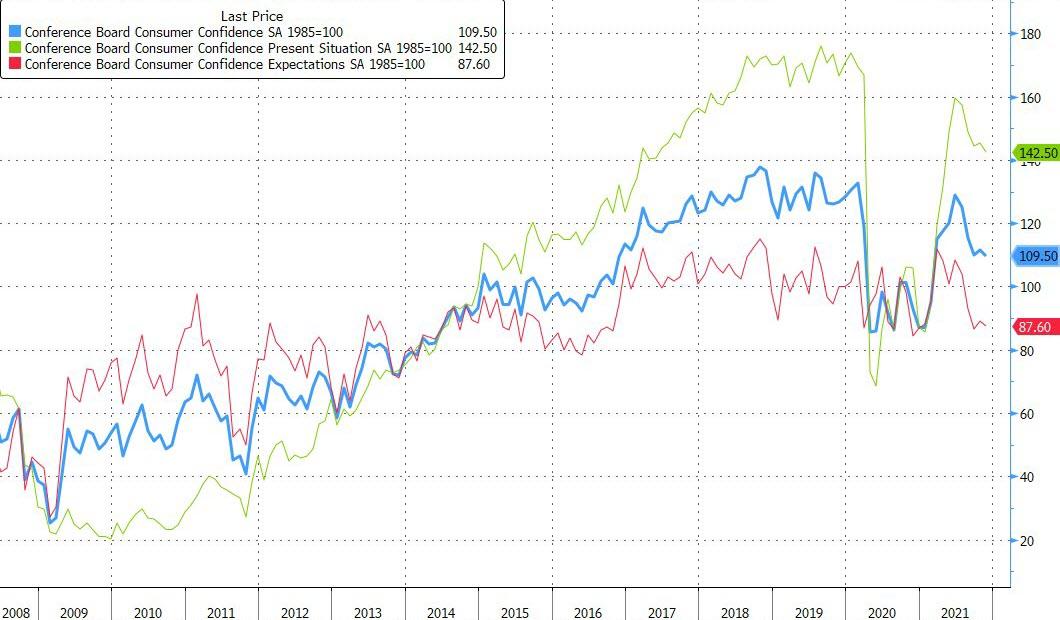- Joined
- Feb 21, 2014
- Messages
- 1,644
- Reaction score
- 438
- Location
- Boynton Beach, FL
- Gender
- Male
- Political Leaning
- Conservative
Team Transitory is dead. The government and the miserable leftists on this board who are pro-government apologists will do many things. Allow the government to take responsibility for creating the inflation that is currently being experienced is not one of them.
The first point about supply chain disruption is that relative price changes when money supply stable has to be offset somewhere. Even today we can see countries subject to very similar supply situations but laboring under different inflation rates.
The pandemic led to extraordinary amounts of money creation. That money comes in and after a lag it starts hitting the general price level and that's exactly what we're seeing now. Fortunately the Y/Y growth in the Divisia M4 broad money supply is absolutely slowing down. August into September was even negative, September into October, the rate of growth for that month was back up again. And there's always a lag. The golden growth rule for the US changes but right now its about 6-7% to achieve 2% +/- https://www.omfif.org/2021/05/us-inflation-surge-is-harbinger-of-whats-to-come/

"The dramatic growth of the US money supply began in March 2020. It will do what increases in the money supply always do. Money growth will lead in the first nine months to asset‐price inflation. Then, a second stage will set in. Over the 18 months after a monetary injection, economic activity will pick up. Ultimately, the prices of goods and services will increase. That usually takes between one and two years after the injection. Given this sequence, it’s clear that more — perhaps much more — inflation will enter the system."
After that if the trend from Jun 2021-Sep 2021 holds, inflation will plateau, if the Sept-Oct 2021 itself establishes a new trend we will have inflation proportionate to that.
The first point about supply chain disruption is that relative price changes when money supply stable has to be offset somewhere. Even today we can see countries subject to very similar supply situations but laboring under different inflation rates.
The pandemic led to extraordinary amounts of money creation. That money comes in and after a lag it starts hitting the general price level and that's exactly what we're seeing now. Fortunately the Y/Y growth in the Divisia M4 broad money supply is absolutely slowing down. August into September was even negative, September into October, the rate of growth for that month was back up again. And there's always a lag. The golden growth rule for the US changes but right now its about 6-7% to achieve 2% +/- https://www.omfif.org/2021/05/us-inflation-surge-is-harbinger-of-whats-to-come/

"The dramatic growth of the US money supply began in March 2020. It will do what increases in the money supply always do. Money growth will lead in the first nine months to asset‐price inflation. Then, a second stage will set in. Over the 18 months after a monetary injection, economic activity will pick up. Ultimately, the prices of goods and services will increase. That usually takes between one and two years after the injection. Given this sequence, it’s clear that more — perhaps much more — inflation will enter the system."
After that if the trend from Jun 2021-Sep 2021 holds, inflation will plateau, if the Sept-Oct 2021 itself establishes a new trend we will have inflation proportionate to that.
Last edited:





